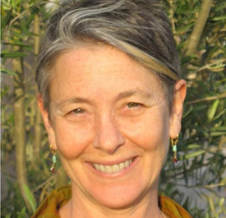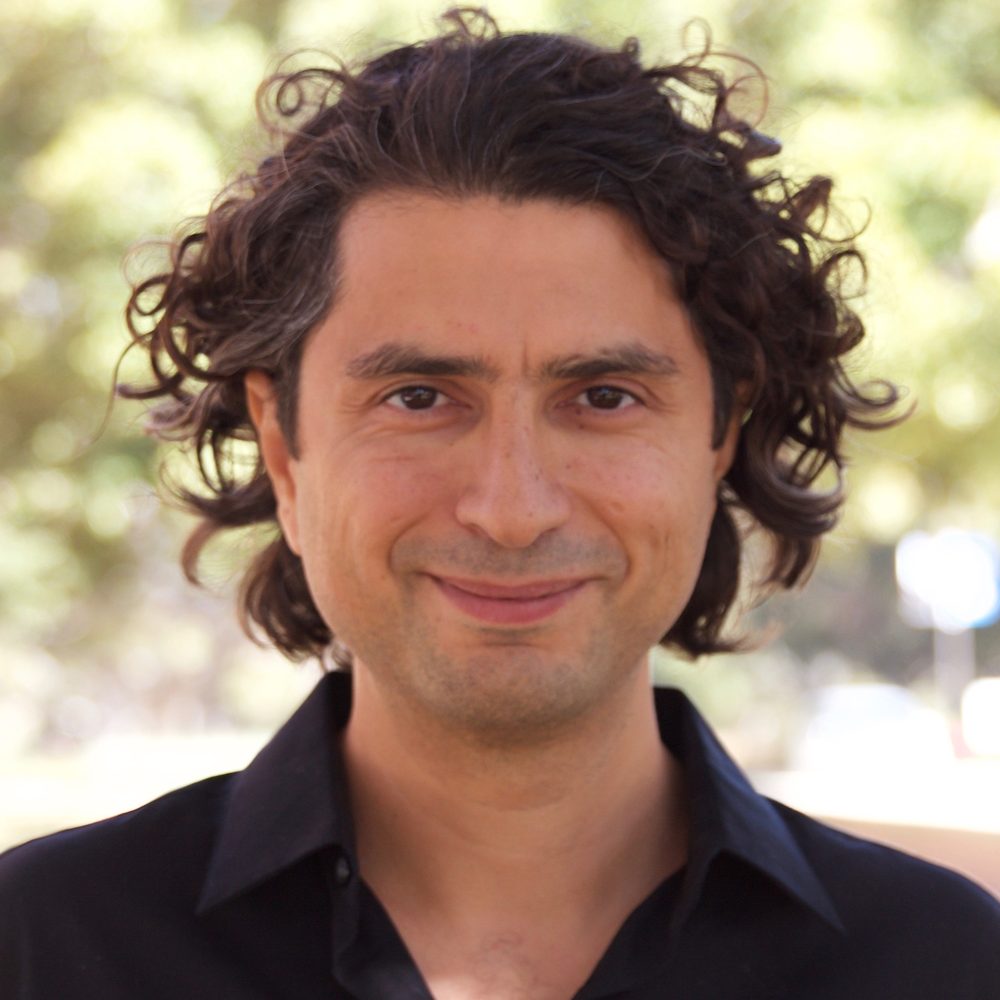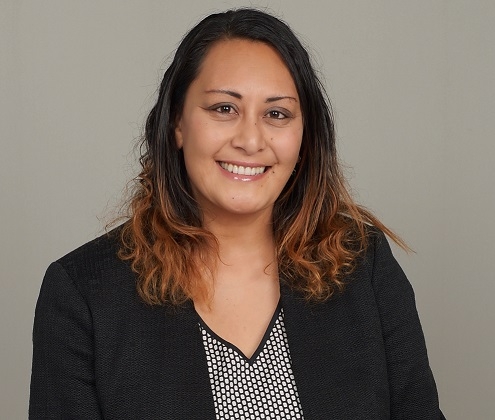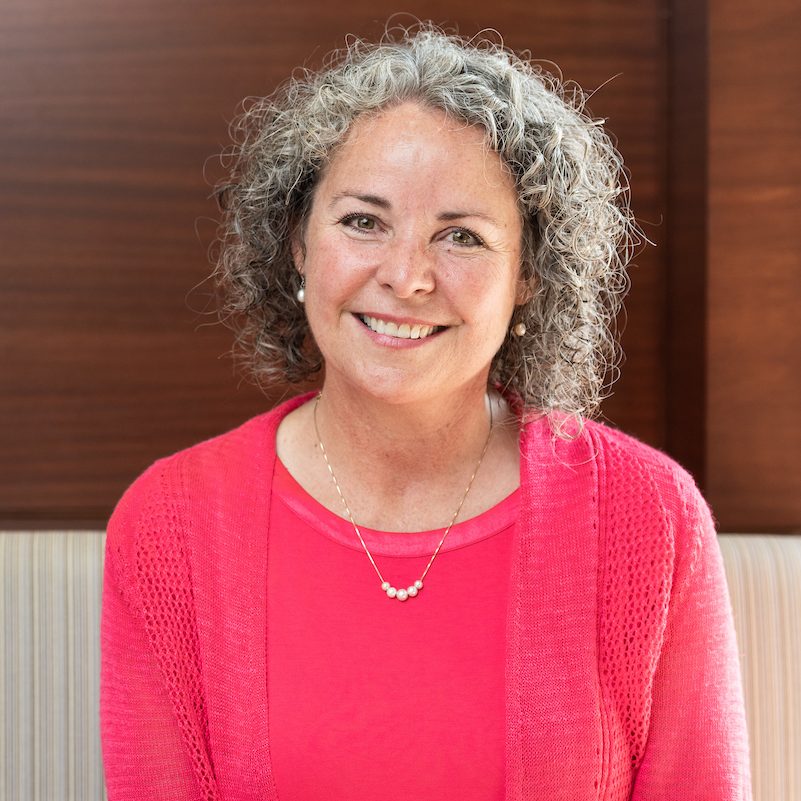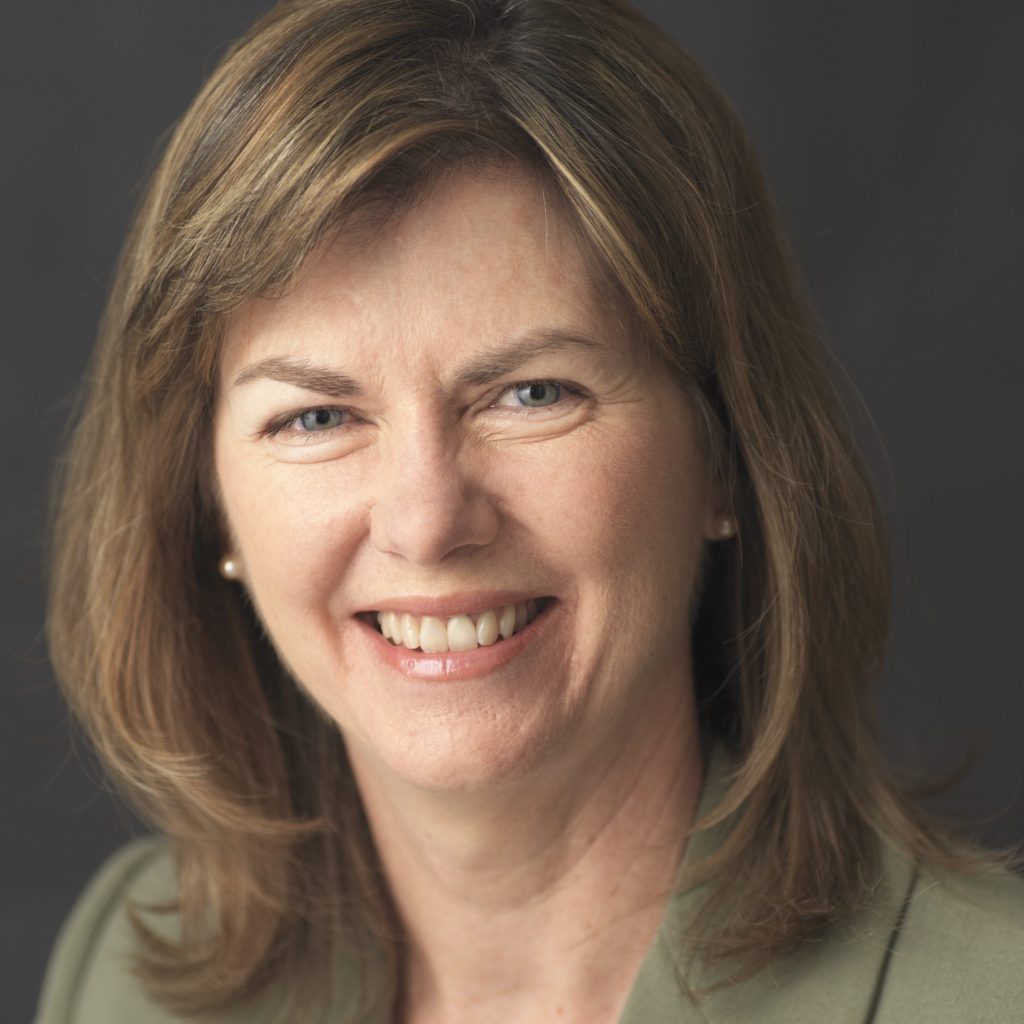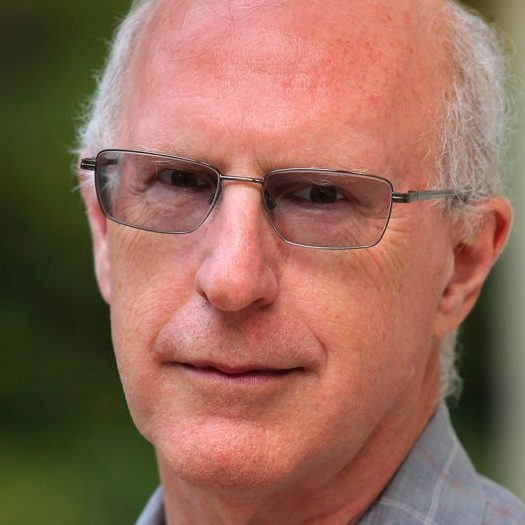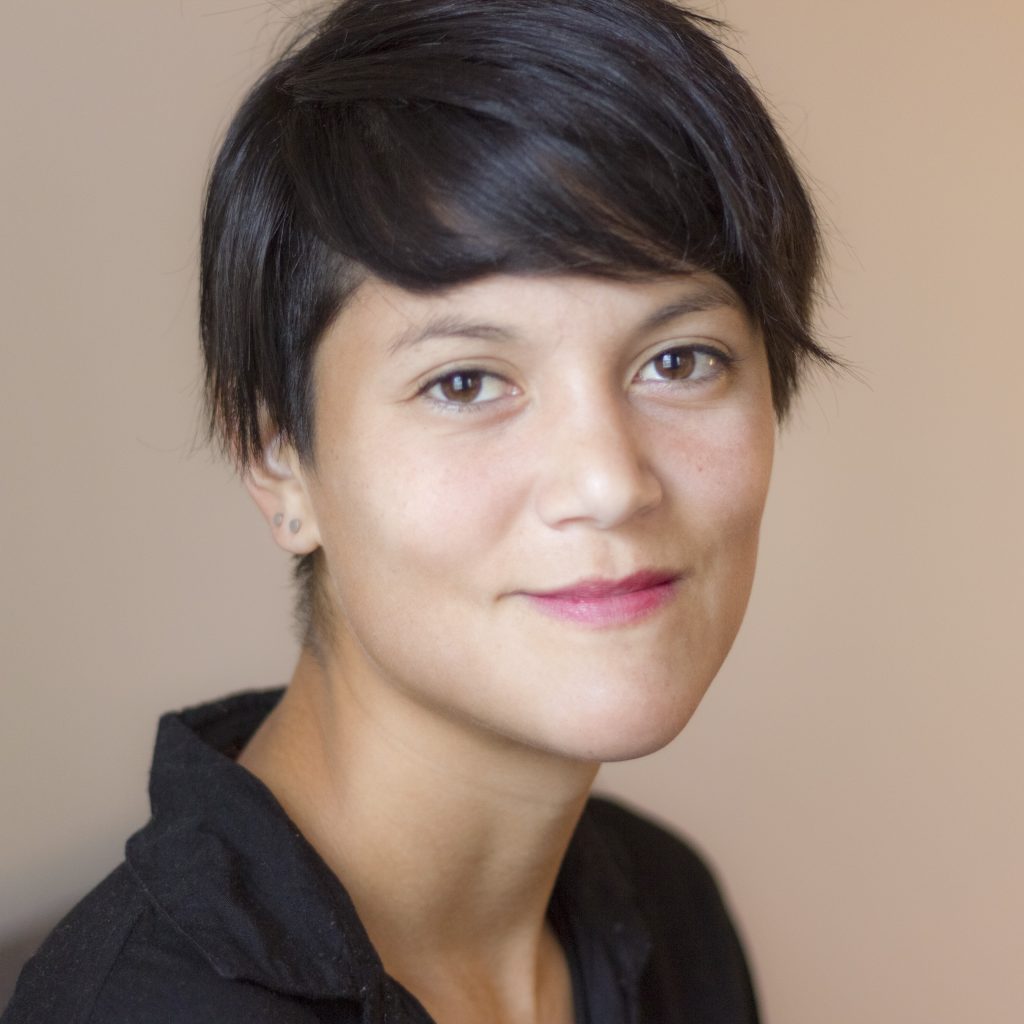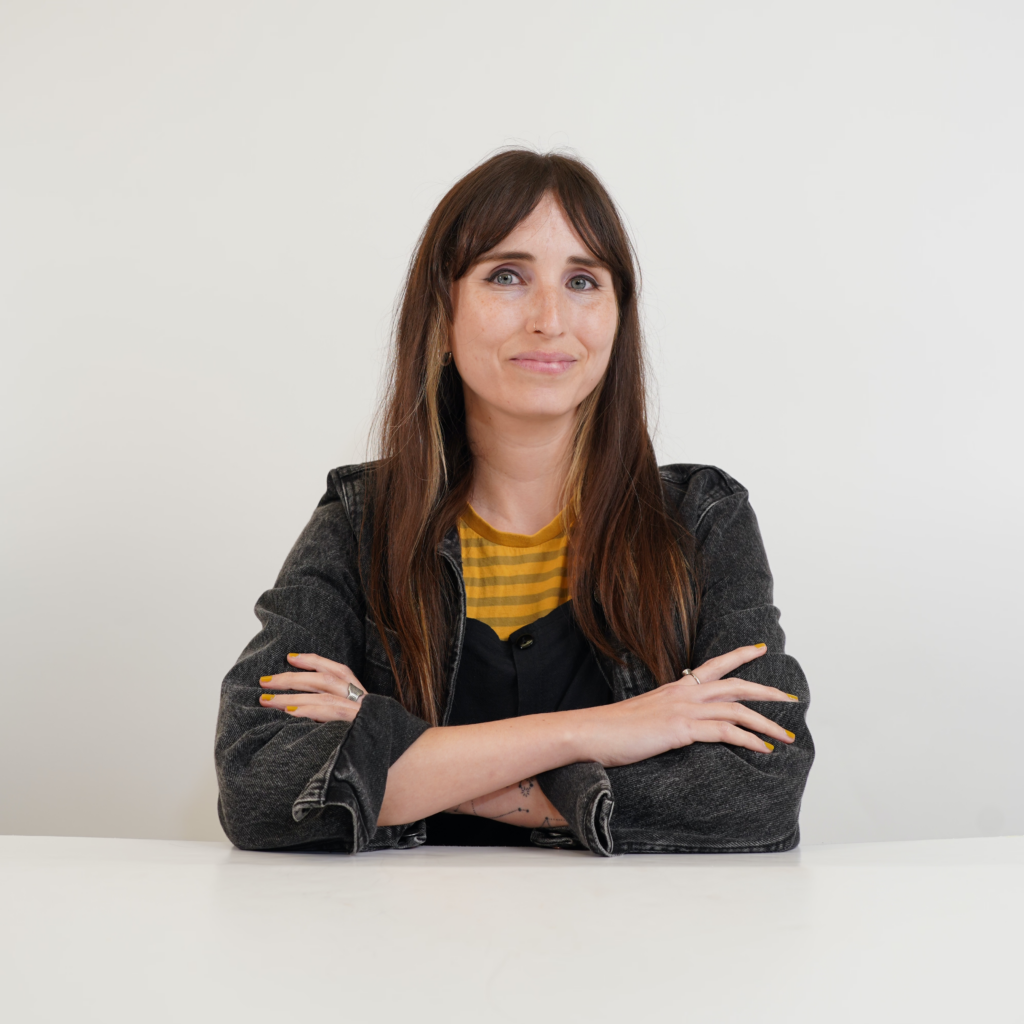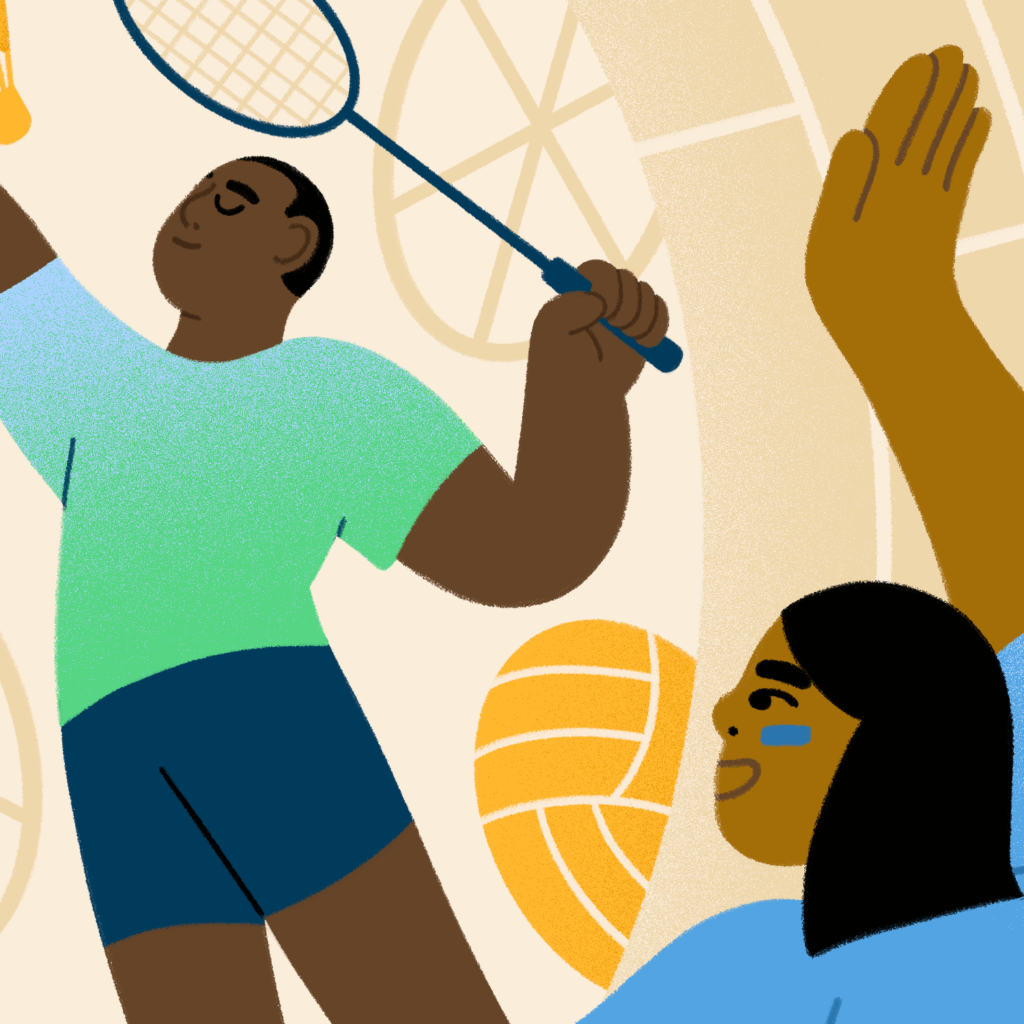
Disability Studies at UCLA
Redefining Normal
Since 2007, the Disability Studies minor has sought to infuse critical perspectives on disability across UCLA’s curriculum, while providing students with the in-depth knowledge and tools to become future changemakers.
The introduction of the Disability Studies Inclusion Labs in 2018 has given students and faculty a platform to engage more actively in the cause of disability justice by joining with leaders and activists both on campus and off to ask questions, learn, and imagine change on a range of issues central to lives of persons with disabilities.
As the Labs continue to grow, so has the academic program. Disability Studies has thrived at UCLA and will be the the first major of its kind within the University of California system as of Fall 2023.
About UCLA Disability Studies
Disability Studies is a groundbreaking field that challenges and changes society’s attitudes toward disability. Led by some of UCLA’s most distinguished faculty, Disability Studies examines the meaning and nature of disability from a variety of perspectives, including arts and humanities, health sciences, social sciences, public policy, design and technology, and education. At UCLA, the conversation around disability has shifted: from exclusion to inclusion, from limitations to possibilities.
Disability—whether bodily, cognitive, emotional, or sensory—is part of the fabric of universal human experience, and yet it is often regarded as a deficit to be fixed, cured, or hidden, with disabled individuals cast as unfortunate victims. UCLA’s robust Disability Studies program is challenging this view, changing attitudes and redefining ‘normal.’
By exploring disability as a social issue and cultural identity, rather than a medically defined condition, we prepare students to use the experience of disability as a lens to re-envision models of access, inclusion, participation, communication, and equality.
The result is graduates with deep insights into the human condition, keen analytical and observation skills, empathy, and capacity for self-reflection—part of a new generation that understands and embraces disability.
